For emergencies 24 hours a day, contact your group leader. For life-threatening emergencies, call 911 and then your group leader.
For all medical needs, please go to the First-Aid Station located in Convention Center E. Hours are 8 a.m. to 10 p.m. Youth requiring first aid must be accompanied by an adult.
High Altitude Tips
Welcome to the mile high city! Denver sits at a high altitude of 5,280 feet. Everyone is affected by the high altitudes in some way. As you ascend to higher altitudes, atmospheric pressure decreases, the air is thinner, and less oxygen is available. It is also colder, drier, and ultraviolet rays from the sun are stronger. During the day it will be hot, while evenings may cool down to as low as 40 degrees. Each of these changes may have unpleasant effects on your body. Here are some helpful tips that will ease your adjustment.
HELP YOURSELF ADJUST TO THE INCREASE IN ALTITUDE:
- Eat lightly
- Drink two to three times more water or fluid than usual
- Get plenty of sleep
- Moderate your physical activity
- Reduce caffeine intake
- Decrease salt intake
COMMON SYMPTOMS FROM CHANGE IN ALTITUDE:
- Faster and deeper breathing
- Shortness of breath, especially when exercising
- Faster heart beat
- Nausea
- Unusual tiredness
- Headaches
- Difficulty sleeping
- Increased urination
- Frequent awakening during the night
A wet cough, increasing shortness of breath, or the feeling of fluid collecting in your lungs requires more serious attention.
IF ANY OF THESE SYMPTOMS PERSIST AND ARE CAUSING MAJOR DISCOMFORT, PLEASE NOTIFY YOUR CHAPERONE ABOUT GETTING FURTHER HELP.




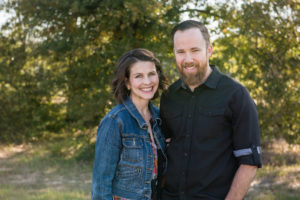


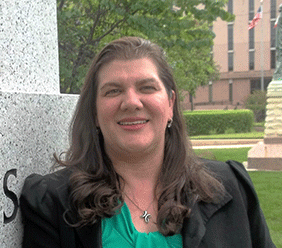

 Kimberly Kay Cox
Kimberly Kay Cox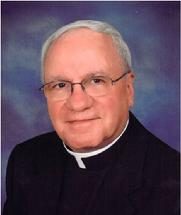







 Mark Mogilka
Mark Mogilka














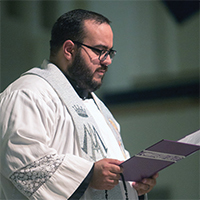





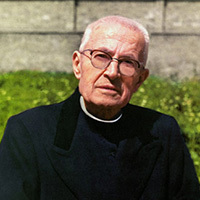








 Armando Cervantes
Armando Cervantes Anna Betancourt
Anna Betancourt
 Andrea Chavez-Kopp
Andrea Chavez-Kopp